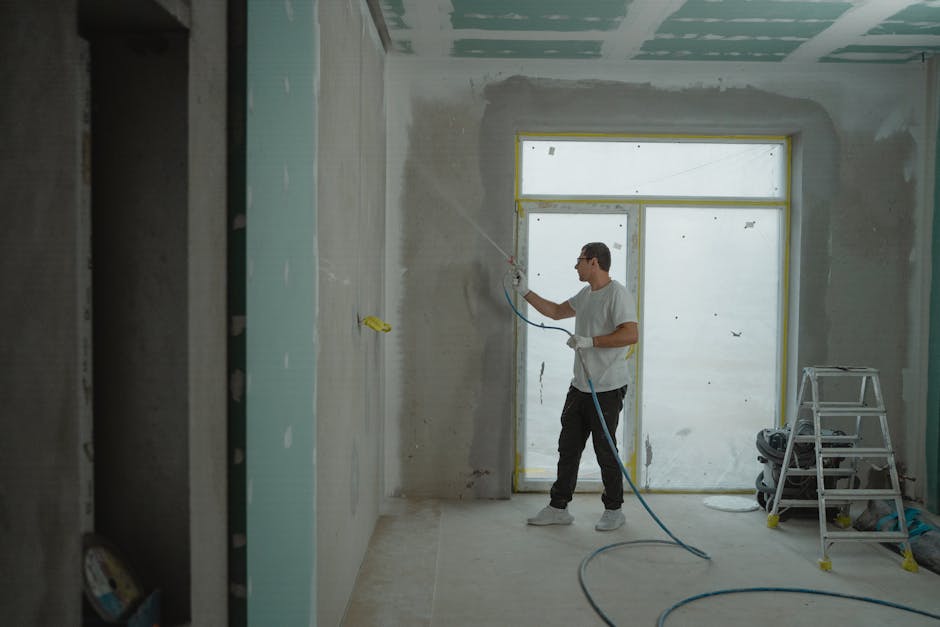In the ever-evolving landscape of Las Vegas hospitality, the legendary “$20 trick” for room upgrades seems to be fading into the realm of urban myths. This practice, once a staple of Sin City’s insider knowledge, has encountered the formidable opponent of technological advancement and changing industry standards. Let’s delve into why this once-reliable tactic is no longer a sure bet.
Understanding the $20 Trick: Then and Now
The concept is simple: slip a $20 bill between your credit card and ID when checking in, hoping for a complimentary room upgrade. While this might have been effective in the past, today’s Las Vegas operates on a different set of rules. Three possible outcomes typically await guests seeking upgrades:
- The hotel is fully booked.
- An additional charge is required for an upgrade.
- The upgrade is granted without extra fees.
However, the chance of encountering that third, magical outcome has drastically decreased.
Why Your Odds Have Diminished
In the current era, every transaction and interaction at the hotel front desk is likely under surveillance. The industry has shifted towards a more transparent approach, where upgrades are based on availability and hotel policy rather than discreet financial incentives. “You’re not paying for an upgrade; you’re expressing gratitude towards the clerk for enhancing your stay,” explains Scott Roeben of Casino.org’s Vital Vegas blog. This highlights a crucial shift: the essence of the $20 trick has transformed from a transaction to a tip for service already rendered.
The Rarity of Success: When Does It Still Work?
Instances of the $20 trick working in today’s Vegas are few and far between, largely dependent on the discretion of individual employees and the oversight of their employers. Inflation has also impacted the effectiveness of this tactic, with $40 becoming the new $20 to reflect current tipping standards across the service industry. Yet, predicting situations where this trick might still work is akin to gambling itself—uncertain and unpredictable.
The Impact of Technology on Traditional Tricks
With approximately 75% of hotels now offering self-check-in kiosks, the opportunity for personal interactions—and thus, the $20 trick—has significantly decreased. These machines process payments and issue room keys without any human intervention, rendering the trick obsolete. The advancement of technology in hotel services signifies a broader trend towards efficiency and automation, sidelining traditional practices of guest interaction. For those interested in how technology is reshaping the casino and hotel industry, exploring the acceleration of casino game development provides further insights.
Concluding Thoughts: The Future of Vegas Room Upgrades
The landscape of Las Vegas lodging continues to evolve, with technology and policy changes rendering old-school tactics like the $20 room upgrade increasingly ineffective. As the city marches towards a future of digital transactions and automated services, guests may need to find new ways to enhance their stay beyond the realm of cash incentives. This shift doesn’t just reflect changes within Las Vegas but signifies a broader movement in the service industry towards transparency, efficiency, and technology-driven solutions. While the charm of personal interaction may be diminished, the potential for a more streamlined and equitable service experience emerges. For those looking to understand the broader implications of these trends, the new national gambling harm prevention strategy in New Zealand offers a glimpse into how policies are adapting globally.
“In today’s high-tech Vegas, the $20 trick for room upgrades is becoming a relic of the past, a testament to the changing dynamics of hospitality and guest services.”
This shift doesn’t just reflect changes within Las Vegas but signifies a broader movement in the service industry towards transparency, efficiency, and technology-driven solutions. While the charm of personal interaction may be diminished, the potential for a more streamlined and equitable service experience emerges. For a deeper dive into how these changes are influencing the broader casino industry, consider reading about the strategic acquisition and rebranding of London’s Aspinalls Casino by Wynn Resorts, highlighting the global scale of these shifts.










Leave a Reply